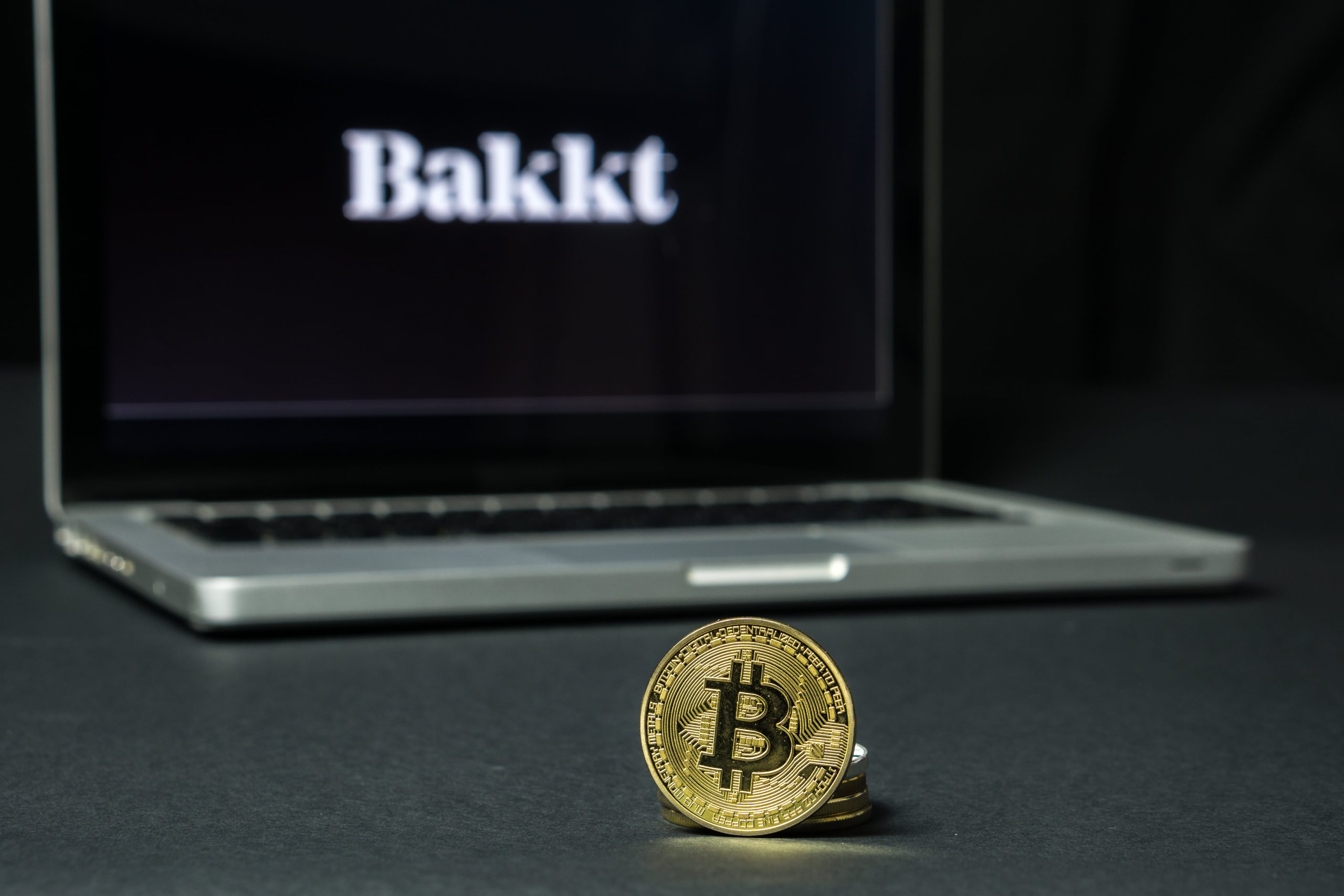Join Our Telegram channel to stay up to date on breaking news coverage
Bakkt, a major digital asset platform, has recently made headlines with its decision to delist most tokens from the newly acquired Apex crypto platform. The decision was made to comply with Commodity Futures Trading Commission and Securities and Exchange Commission regulations. These regulations require that only certain types of tokens are listed on the platform. This move has sparked discussions and concerns within the crypto community regarding the reasons behind the delisting and its potential implications.
Bakkt acquired the Apex crypto platform to expand its offerings and provide its users with a comprehensive range of digital assets. However, the recent delisting has surprised many, as it eliminates a significant portion of the tokens previously available on the platform.
The decision to delist tokens can be attributed to various factors. One possible reason is the need to comply with regulatory requirements. The crypto industry is subject to evolving regulations, and platforms like Bakkt must ensure they are in full compliance to maintain their reputation and avoid legal issues.
Additionally, the need to ensure that tokens listed on the platform are secure and that the platform is not being used for fraudulent activities can also be a factor in delisting tokens. This helps to maintain the integrity of the platform and protect its users. Delisting certain tokens could be a strategic move to ensure regulatory compliance.
Another potential reason for delisting could be the focus on quality and security. By removing certain tokens, Bakkt may aim to streamline its offerings and provide users with a more curated selection of assets. This can help enhance the user experience and reduce the risk of security vulnerabilities associated with less-established tokens.
It is important to note that while delisting may be seen as a negative development by some, it can also have positive implications for the crypto industry as a whole. In an increasingly crowded market, with thousands of tokens vying for attention, delisting less-credible or low-volume tokens can contribute to a healthier and more sustainable ecosystem. It can promote investor confidence by weeding out potentially risky or fraudulent projects.
However, the delisting decision also concerns centralized platforms’ influence and power in crypto. Critics argue that such actions undermine cryptocurrencies’ decentralized nature and contradict the decentralization and democratization principles that initially drove the crypto movement. They emphasize the importance of preserving choice and diversity in the crypto space.
In response to the delisting, users and investors are advised to stay informed and diversify their portfolios across multiple platforms and tokens.
It is argued that coin delisting can lead to crypto space centralization, as larger projects will be favored and smaller projects excluded. This could lead to less competition and fewer user options, leading to higher fees and less innovation. It is crucial to conduct thorough research and due diligence before investing in any cryptocurrency, as the market can be volatile and subject to various risks.
The delisting of tokens from the newly acquired Apex crypto platform by Bakkt has stirred both positive and negative sentiments within the crypto community. While the move can be seen as a step towards compliance and quality control, it also raises concerns about centralized control and the impact on decentralization.
The move towards compliance is a positive step as it will help Bakkt adhere to regulations set by governments and financial institutions. However, some in the crypto community worry that the delisting of tokens is a form of centralized control that could be detrimental to the decentralized nature of cryptocurrencies. As the crypto industry evolves, closely monitoring such developments and their potential ramifications is important.
Read more:
Join Our Telegram channel to stay up to date on breaking news coverage


